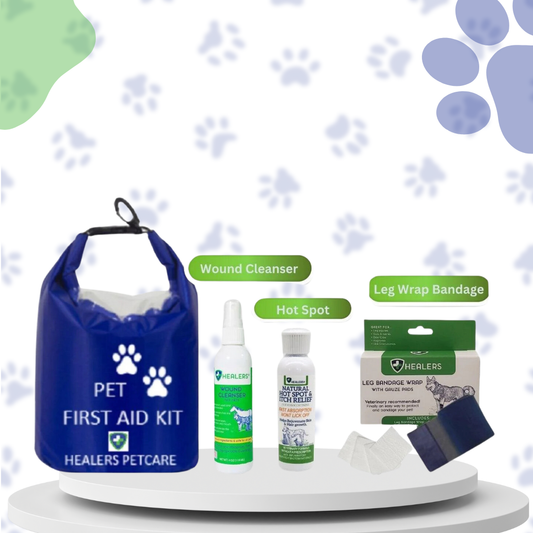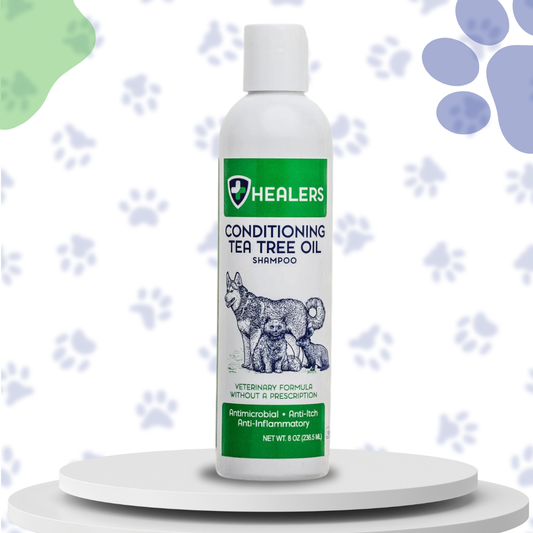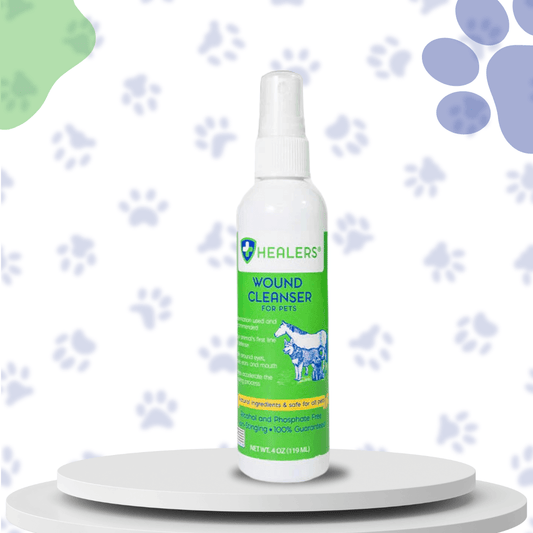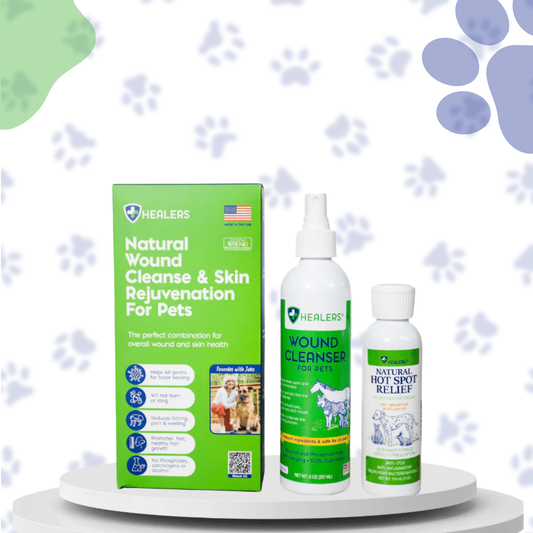What Causes Pet Anxiety (and How to Mitigate It)
Share
Dogs experience anxiety for a lot of reasons, and they tend to have their own responses when they feel stressed out. Each pup is different, often experiencing stress in ways that might not be the same as another four-legged friend. This makes it important that dog parents learn their pooches’ stressors and responses.
To help make that process easier, we’ve put together a quick guide to understanding what causes stress in pups and, most importantly, what dog parents can do to reduce or eliminate it.
Symptoms of Dog Stress
Dogs are funny creatures with extremely strong personalities. One pup might sit by your feet and whine when it feels stressed, while another might run and hide in the bathroom. One dog might bark incessantly until the stressor goes away, while yet another might lay quietly with his or her ears pulled back. Each dog is different, and some might even have different responses for each type of stressful situation. Here are a few of the most common dog anxiety indicators:
- Aggression, like barking or growling more often at people or other animals
- Appetite changes, often decreased interest in food or treats
- Avoiding eye contact
- Barking or growling incessantly
- Destructive behavior, including chewing on or tearing apart fabric or wood-based items
- Digestive issues, including looser-than-average stools, diarrhea, or constipation
- Excessive shedding
- Excessive yawning
- Lethargy or sleeping more than normal
- Licking their noses or lips repeatedly
- More alone time or isolation than usual
- Panting, but not when hot or after recent exercise
- Shaking or trembling
- Showing the whites of the eyes
- Tucked tail
- Turning their heads or bodies away from people or animals
What Causes Stress in Dogs
Dogs thrive on routines. Most of their stress comes from something happening that is out of the ordinary, like more people in your home than usual, construction happening on the street outside all day, loud parties or noises like fireworks, their owners taking new jobs and spending less time at home, and anything else that disrupts their ideas of “normal.”
Changes in location (like a move to a new home), changes in at-home personnel (new babysitters for kids, new significant other, elderly parents moving in, etc.), taking a trip (road trips that involve multiple stops at hotels or different houses), and other “not-normals” can throw a dog off his or her game, especially if the changes involve having to do something different than they do every day. Settling into a new house, being expected to go for a walk to do their business instead of being let into a backyard, and being around new people, dogs, streets, houses, and smells can be jarring for them. Unfamiliar sounds can also cause stress.
The important thing is to take a look at your dogs’ surroundings and try to see them from their eyes. Has something changed? Is this experience new? Is there a threat in the area? Is there a noise or scent or new object or experience that could be perceived as a threat? Once you answer those questions, you’ll be well on your way to helping your dog calm down.
How to Alleviate Dog Stress
Dogs look to their humans for protection. They want you to reassure them in loving tones that everything will be fine and there’s no reason to be scared. Yelling at a dog to stop barking will not help him or her know that there’s no reason to fret, as he or she will likely think you’re barking, too — and if you’re barking, why should he or she stop?
When in doubt, several products exist to help minimize doggie stress, like Healers’ Therapeutic Body Wraps for dogs of all sizes. The front wrap hugs the body like a sweater and is held in place by Velcro® to rest snugly and help dogs feel safe. There’s a rear module, too, which can help create a full-body hug for your pup. Both pieces are safe to wear when you can’t be home with your pooch, making them ideal during spring storms or other stress-inducing alone times.
Healers’ all-natural CBD Oil is another great anxiety- and stress-reducing option. Just a few drops a of this hemp and fractionated coconut oil tincture a couple of times per day can do wonders for enabling pups to relax.
If your dog needs love when he’s scared, be there for him or her — even if that means following him into the bedroom to pet him while he lies on the bed, or sitting on the floor with her in the bathroom until a storm passes. Avoid situations that you know will cause your dog anxiety, like not taking him or her to see a fireworks display if the booms are a stressor.
A little love and compassion go a long way!





